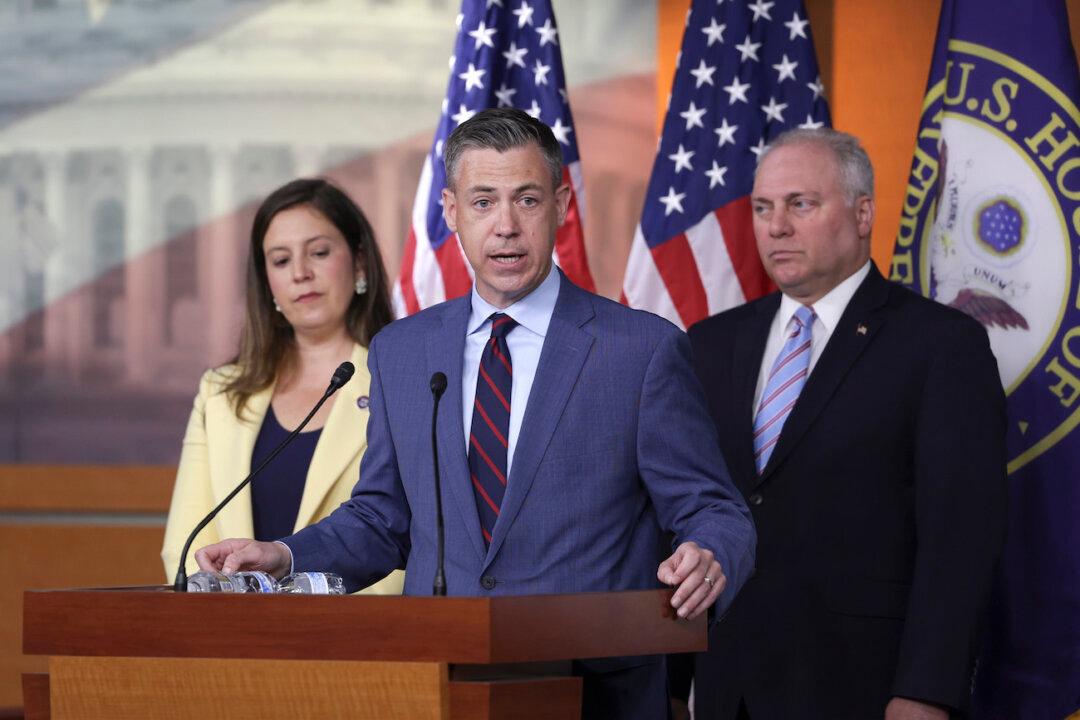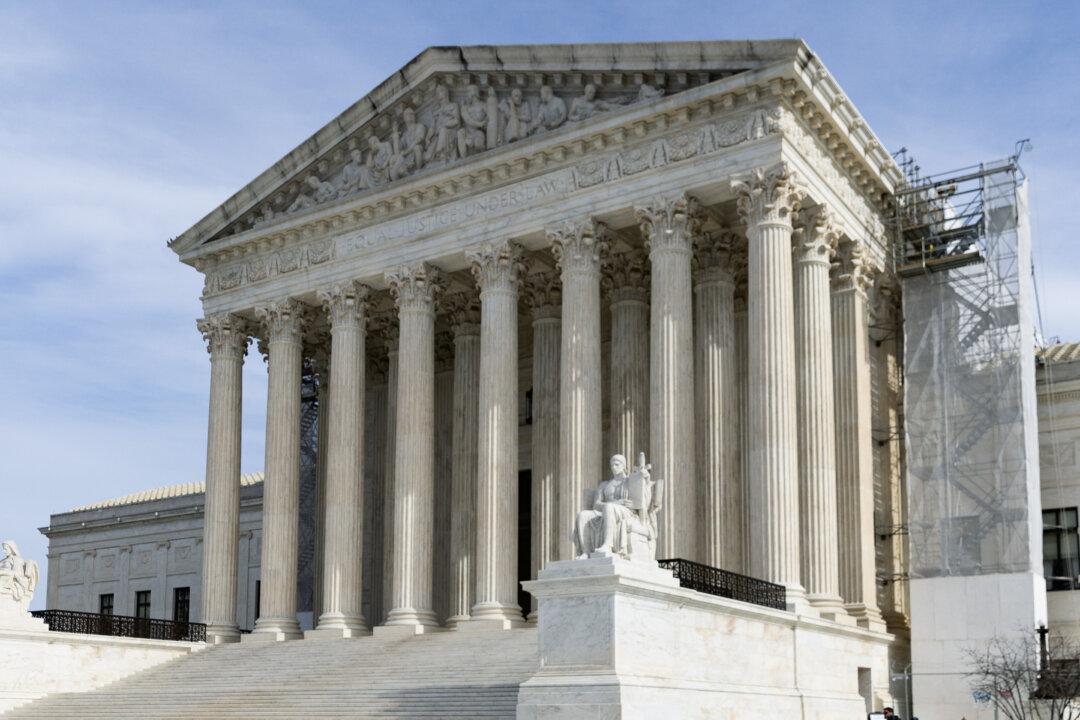Commentary
At a time when Republicans are increasingly asserting themselves in battles over a coterie of acronyms that have captured the commanding heights of American society—ESG, DEI, and CRT—Rep. Jim Banks has emerged as a leader in the GOP-controlled House of the fight against the “wokeism” these theories collectively represent.





